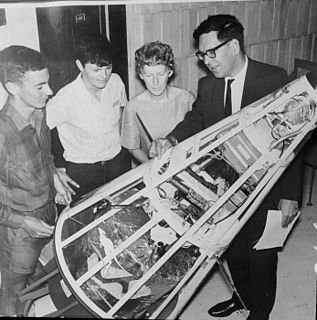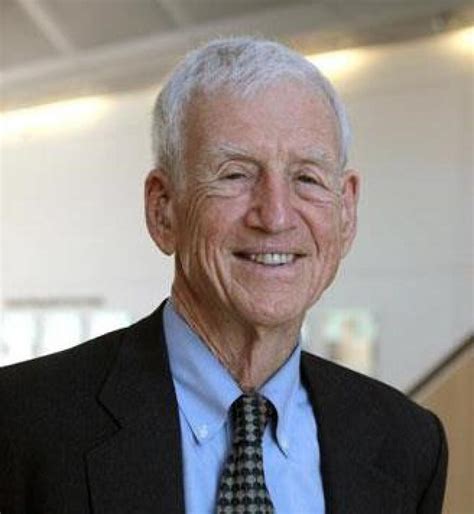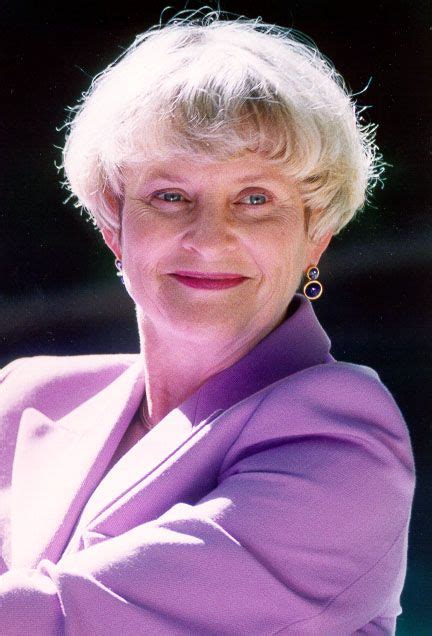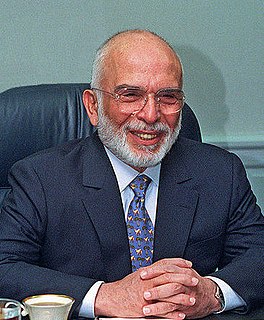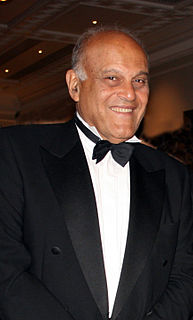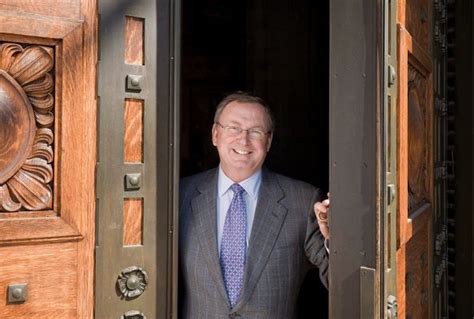A Quote by William Osler
If it were not for the great variability among individuals, medicine might as well be a science, not an art.
Quote Topics
Related Quotes
We profess to teach the principles and practice of medicine, or, in other words, the science and art of medicine. Science is knowledge reduced to principles; art is knowledge reduced to practice. The knowing and doing, however, are distinct. ... Your knowledge, therefore, is useless unless you cultivate the art of healing. Unfortunately, the scientific man very often has the least amount of art, and he is totally unsuccessful in practice; and, on the other hand, there may be much art based on an infinitesimal amount of knowledge, and yet it is sufficient to make its cultivator eminent.
Medicine is the science by which we learn the various states of the human body in health and when not in health, and the means by which health is likely to be lost and, when lost, is likely to be restored back to health. In other words, it is the art whereby health is conserved and the art whereby it is restored after being lost. While some divide medicine into a theoretical and a practical [applied] science, others may assume that it is only theoretical because they see it as a pure science. But, in truth, every science has both a theoretical and a practical side.
Well into the 19th century there were pronouncements from just about every branch of science and medicine that reading, writing, and thinking were dangerous for women. Articles in the Lancet declared that women's brains would burst and their uteruses atrophy if they engaged in any form of rigorous thinking. The famous physician J.D. Kellogg insisted that novel reading was the greatest cause of uterine disease among young women and urged parents to protect their daughters from the dreaded consequences of print.
One of the great challenges you will face is that a part of the world, and some in it, do not have or do not believe in a standard of moral values. Many in the world today operate on the basis of practical expediency. You have undoubtedly observed this yourselves. It has become a philosophy of life for many. This is true among nations as well as among individuals.
Medicine is a social science, and politics is nothing else but medicine on a large scale. Medicine, as a social science, as the science of human beings, has the obligation to point out problems and to attempt their theoretical solution: the politician, the practical anthropologist, must find the means for their actual solution. The physicians are the natural attorneys of the poor, and social problems fall to a large extent within their jurisdiction.
But Medicine is a demonstrative Science, and all its processes should be proved by established principles, and be based on positive inductions. That the proceedings of Medicine are not of this character, in to be attributed to the manner of its cultivation, and not to the nature of the Science itself.
How often people speak of art and science as though they were two entirely different things, with no interconnection. That is all wrong. The true artist is quite rational as well as imaginative and knows what he is doing; if he does not, his art suffers. The true scientist is quite imaginative as well as rational, and sometimes leaps to solutions where reason can follow only slowly; if he does not, his science suffers.


